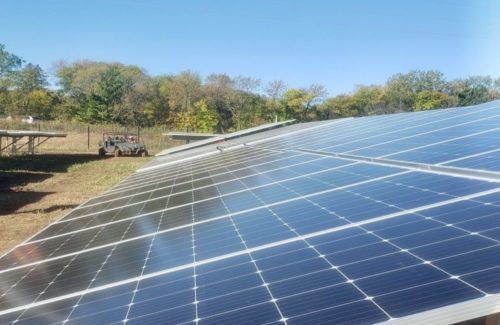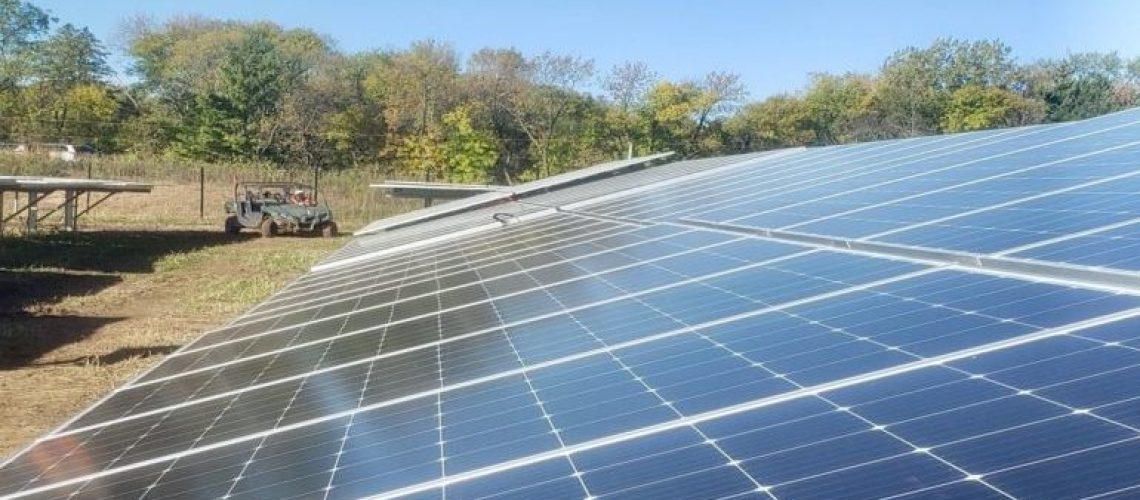
C2 Energy Capital
Advocates for the environment, solar and wind energy, utility ratepayers, and environmental justice cheered the passage of AB 2316 by California’s State Assembly Committee on Utilities and Energy. The bill would establish a new state program to expand access to renewable energy. It would require at least 51% of the power generated by each community solar project in the program to benefit low-income customers or service organizations, as well as require community solar to be paired with storage to improve power grid reliability and resilience — all with no ratepayer costs.
“As we face increasing heat waves, blackouts, and drought, working class communities need cleaner and more affordable energy. Without the capital to pay for upfront costs, and lacking home ownership, low-income Californians and renters are often cut off from the benefits of renewable energy and reduced utility bills,” said Alexis Sutterman, Energy Equity Program Manager at the California Environmental Justice Alliance. “By providing over half of its renewable energy projects to low-income subscribers, AB 2316 will help to meet the state’s clean energy and air quality commitments and advance energy justice.”
Supported by a diverse coalition of organizations including the California Environmental Justice Alliance, the Coalition of California Utility Workers, and The Utility Reform Network (TURN), AB 2316:
- Dedicates at least 51% of the power generated by each community solar project to benefit low-income customers or service organizations
- Includes energy storage requirements on community solar to increase power grid reliability by providing clean energy to the grid when it’s needed most to reduce blackouts
- Compensates subscribers based on the time-differentiated value of the project’s generation
- Provides accountability for results and transparency through routine reports to lawmakers on program growth and low-income subscriber participation
- Ensures strong prevailing wages for workers
- Helps builders meet state building code requirements mandating solar systems for new residential construction as of 2020 and solar systems paired with storage in the construction of multi-family housing and nonresidential construction starting in 2022
News item from the Coalition for Community Solar Access



